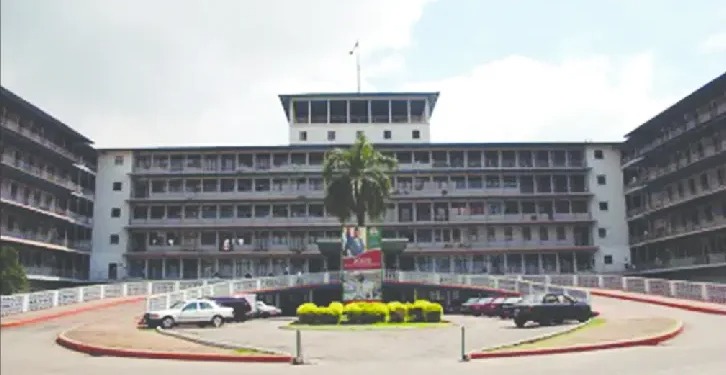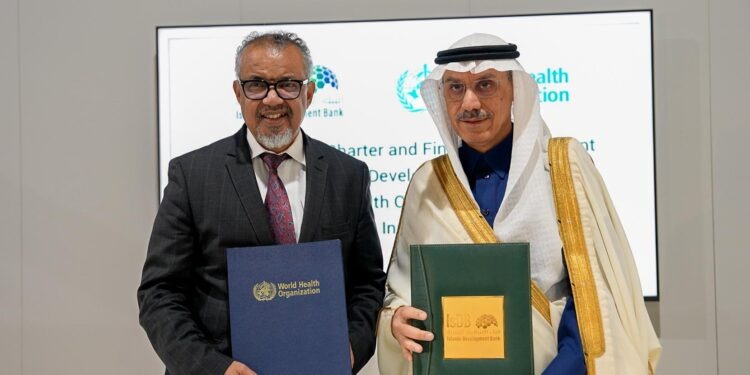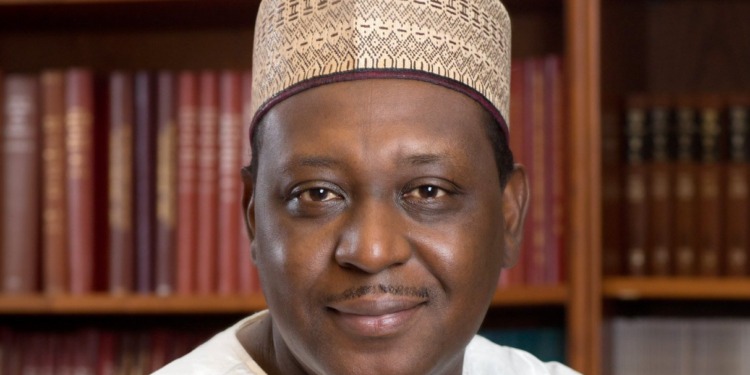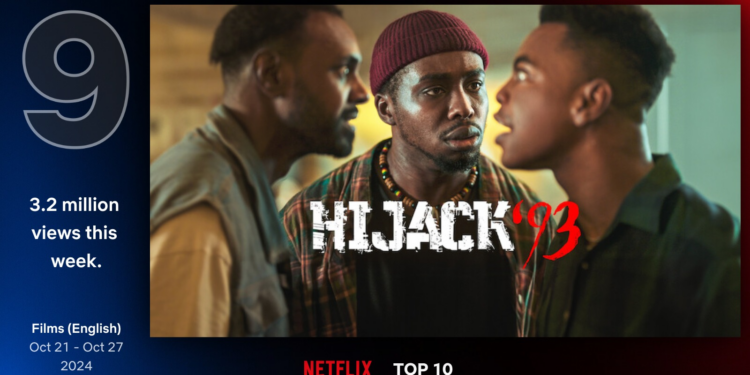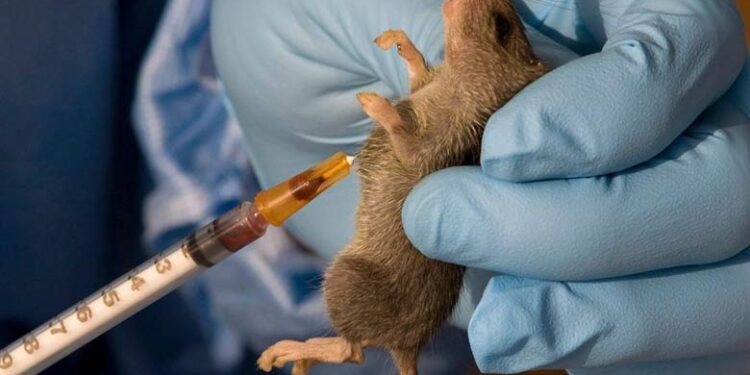Hollywood’s epic historical action film has crossed the N200 million threshold in Nigerian cinemas after its official release plus advanced screening numbers.
According to official data, the film earned an additional N60.1 million during the weekend of November 22-24, bringing its total to N202.4 million.
This figure includes earnin
The historical epic serves as a sequel to Scott’s 2000 blockbuster, Gladiator, which won five Academy Awards, including Best Picture.
With a hefty production budget of $250 million, Gladiator 2 was produced by Scott Free Productions and distributed by Paramount Pictures. Written by David Scarpa from a story he co-developed with Peter Craig, the film continues the legacy of its predecessor while introducing new characters and plotlines.
The star-studded cast features Paul Mescal in the lead role of Lucius Verus II, the nephew of Joaquin Phoenix’s Emperor Commodus from the original film. Lucius, now grown, returns to Rome after being enslaved, where he fights as a gladiator under Macrinus, a former slave intent on overthrowing Emperors Geta and Caracalla.
Themes of vengeance, redemption, and power drive the narrative, which resonates with audiences worldwide.
The cast also includes Pedro Pascal, Joseph Quinn, Fred Hechinger, Connie Nielsen, Denzel Washington, and Derek Jacobi. Both Jacobi and Nielsen reprise their roles from the first instalment, while Mescal takes over the role of Lucius, originally portrayed by Spencer Treat Clark.
What we know
Internationally, Gladiator 2 debuted at $55 million in North America and has earned $165.5 million from overseas markets, bringing its global box office total to $220.5 million within its first week. These figures position the film for a strong performance across markets where historical dramas and action-packed spectacles remain popular.
- In Nigeria, the film’s commercial success shows the increasing demand for high-budget Hollywood productions. Its strong weekend earnings highlight its acceptance among both younger and older male demographics. Globally, Gladiator 2 is expected to become one of the highest-grossing films of the year, benefiting from its blend of action, drama, and compelling storytelling.
- If trends hold, the sequel could mark the largest opening of Denzel Washington’s career, surpassing his previous record with American Gangster. Meanwhile, Ridley Scott’s directorial vision and the film’s grand scale have cemented Gladiator 2 as a worthy successor to its iconic predecessor.
As Nigerian audiences continue to flock to cinemas, Gladiator 2 reinforces Hollywood’s dominance in the growing West African film market.
gs from its advanced screenings and official release, which began on November 15 with an opening day tally of N17.1 million and a subsequent N99 million gross.
Deborah Dan-Awoh is a seasoned lifestyle analyst with a knack for storytelling. The focus of her work covers people, money and culture as it relates with business and economy. When she’s not keeping tabs on the latest trends in lifestyle and finance- Deborah enjoys networking with industry experts to gain insight into major markets as it affects the populace
Gladiator 2Nigerian cinemasScott Free Productions

